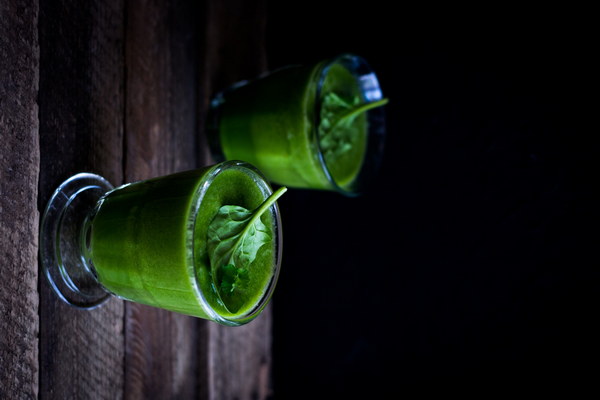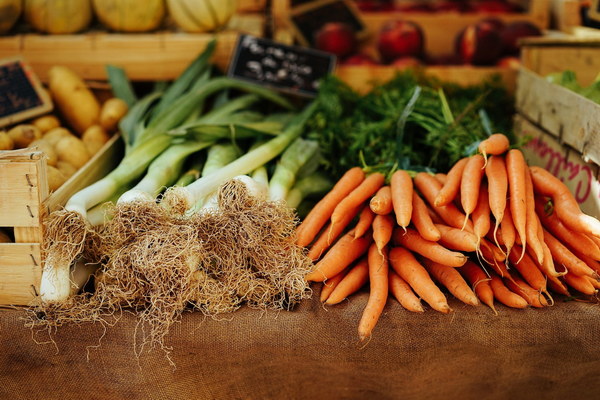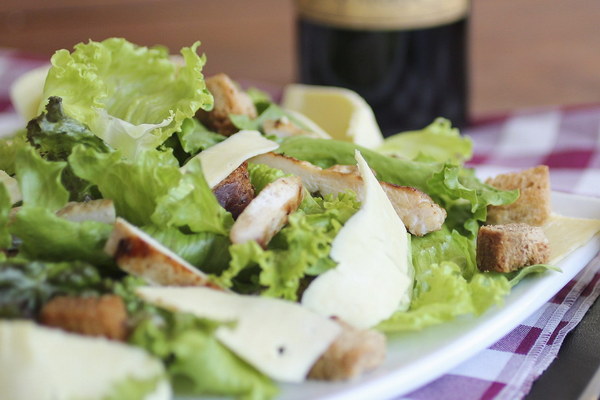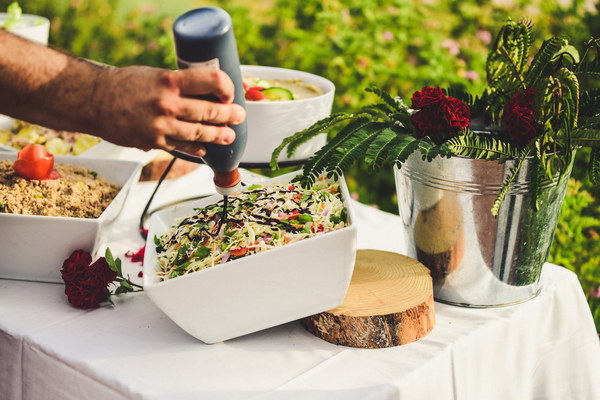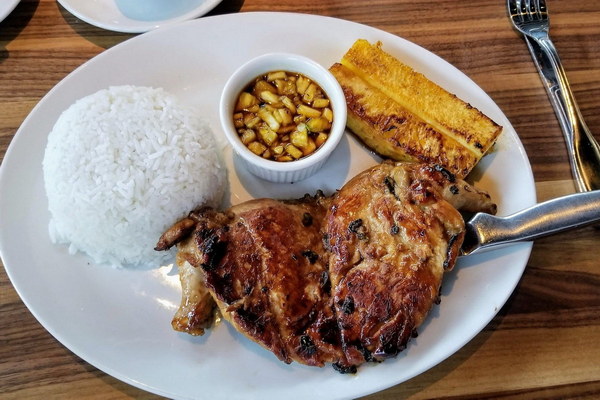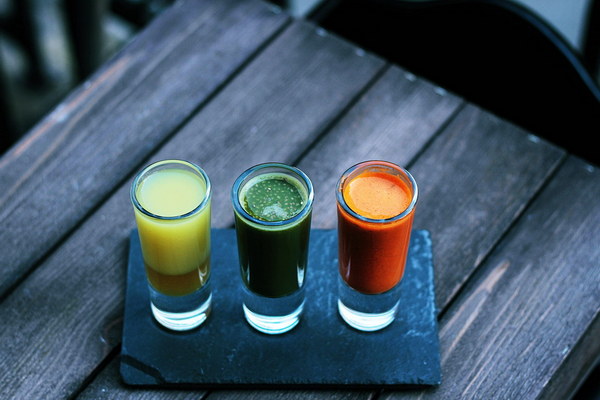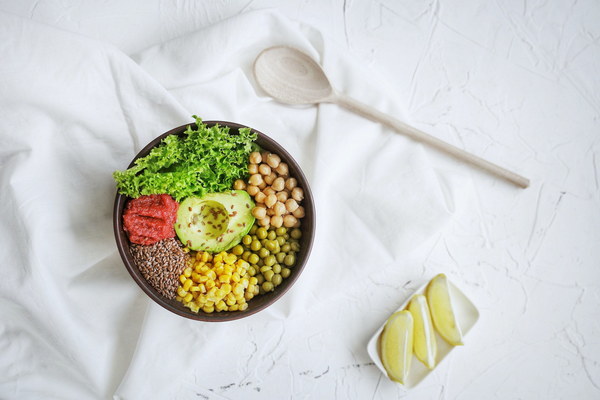The Evolution of Ma'anshan Herbal Cuisine A Journey Through Time and Tradition
In the heart of China, nestled in the lush hills of Anhui Province, lies the ancient city of Ma'anshan, renowned for its rich culinary heritage and, more notably, its distinctive herbal cuisine. The evolution of Ma'anshan herbal cuisine is a tale woven from the threads of tradition, innovation, and a deep connection to the natural world.

Ancient Roots and Traditional Practices
The roots of Ma'anshan herbal cuisine can be traced back to the Han Dynasty (206 BC – 220 AD), when the region was known for its abundant herbal resources. The ancient Chinese believed in the concept of yin and yang, and Ma'anshan, with its unique geographical location, was considered an ideal place for cultivating a harmonious blend of herbs and ingredients. Monks and scholars from the nearby Mount Jiuhua Temple were among the earliest practitioners, utilizing herbal remedies in their cooking to maintain health and wellness.
During this time, the cuisine was primarily a preserve of the elite and the religious community. The herbs used were carefully selected for their medicinal properties, and the preparation was a meticulous process involving steaming, roasting, and slow-cooking methods to preserve the herbs' natural essence.
Medicine Meets Cuisine: The Tang Dynasty's Influence
The Tang Dynasty (618 – 907 AD) marked a significant turning point in the development of Ma'anshan herbal cuisine. The emperor, recognizing the health benefits of the region's herbs, encouraged their cultivation and use. This led to the creation of a new category of cuisine that combined the medicinal properties of herbs with the culinary arts.
The Tang Dynasty also saw the establishment of herb gardens in and around Ma'anshan, where the finest herbs were cultivated. The cuisine began to gain popularity among the general population, with recipes being passed down from generation to generation. It was during this period that the concept of herbal medicine in a dish became firmly rooted in the cultural consciousness.
Modern Innovations and Global Influence
As the centuries rolled on, Ma'anshan herbal cuisine continued to evolve. The 20th century brought with it new ideas and techniques, as well as an increased demand for the cuisine both domestically and internationally.
The introduction of modern culinary methods, such as wok cooking and the use of fresh ingredients, has given Ma'anshan herbal cuisine a contemporary twist. Chefs and herbalists now blend traditional methods with innovative techniques to create dishes that are both healthful and delicious.
The global influence of Ma'anshan herbal cuisine is evident in the numerous restaurants and food festivals dedicated to the cuisine worldwide. International travelers are drawn to the unique flavors and health benefits, making Ma'anshan a must-visit destination for food enthusiasts.
Culinary Delights and Health Benefits
Ma'anshan herbal cuisine is a treasure trove of culinary delights, each dish offering a symphony of flavors and health benefits. From soups and stews rich in medicinal herbs to delicate salads featuring locally grown greens, the cuisine is as diverse as it is healthful.
One of the most famous dishes is the Ma'anshan Herbal Chicken, a slow-cooked chicken dish seasoned with a blend of over 20 different herbs. The result is a tender, flavorful meal that not only satisfies the palate but also supports overall health.
Conclusion
The evolution of Ma'anshan herbal cuisine is a testament to the enduring power of tradition, innovation, and a profound respect for nature. From its ancient roots as a medicinal practice to its modern, global presence, the cuisine continues to captivate and nourish those who seek both culinary and healthful experiences. As Ma'anshan herbal cuisine continues to grow, it remains a vibrant and living tradition, connecting the past with the future.

